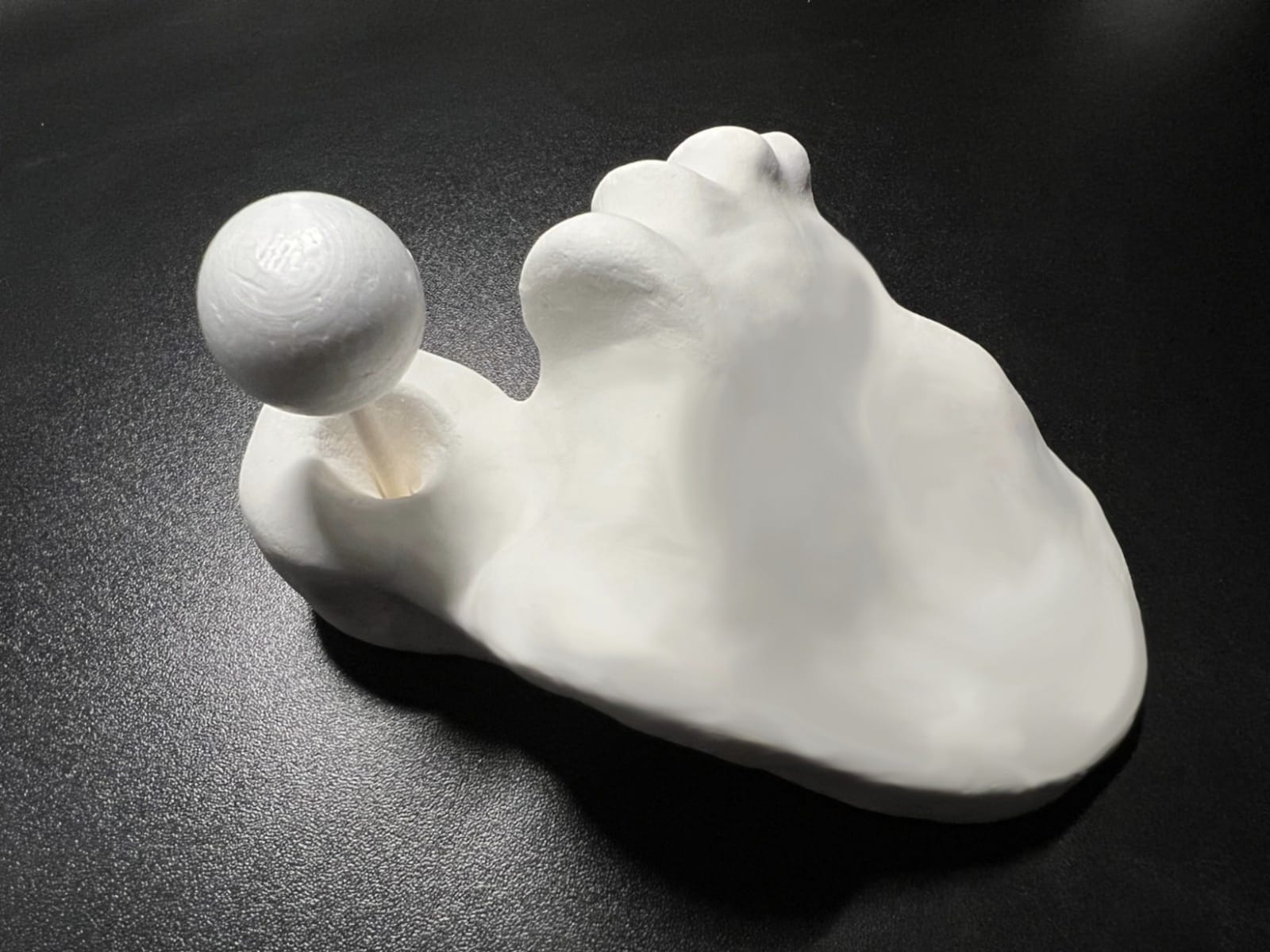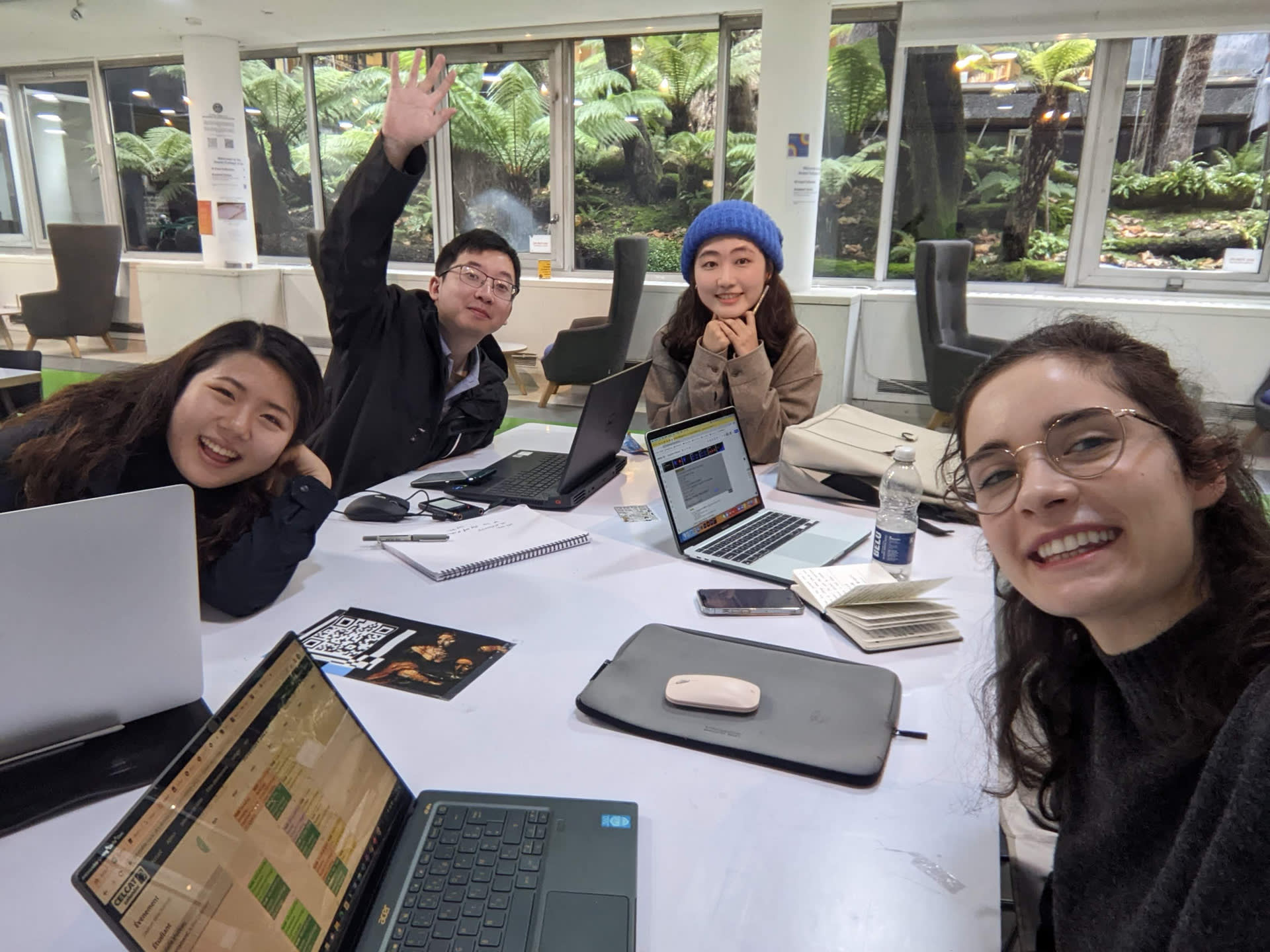As our society is becoming increasingly older, seniors are facing more and more obstacles to being fully integrated. This becomes even more true when age-related diseases like dementia become part of the equation. According to the Alzheimer’s Society, there are currently around 900,000 people with dementia in the UK and 57.4 million around the globe. This number is expected to rise to 152.8 million by 2050. In this project, we explored the opportunities and pitfalls that new technologies such as AR and VR can create in the prevention, treatment, and support of dementia patients and their caregivers. When used in the right conditions, research has shown that such technologies can be extremely beneficial for dementia patients, whether it is for dementia diagnosis, task prompting, navigation, or simply cognitive stimulation with games or immersion into relaxing environments. Based on this positive observation, and on the belief that these technologies will increasingly become part of our lives, we decided to focus on the problem of their non-inclusivity towards elderly people. The outcome of this project is a hardware design proposal, which aims to provide an example of a more inclusive VR interface and challenge the current solutions. After discovering Virtual Reality, we realized that the VR controller could be one of the focal points of our project. As the interface for navigating virtual reality, it is absolutely essential to be able to use it to access the technology. Even the simplest commands like playing, pausing, or changing angles require its use. However, current VR controllers are complex and not well suited to fine motor decline. Therefore, we tried to create a VR controller specifically designed for people suffering from dementia and more broadly for the elderly population.
DEMENTIA x VR/AR
The outcome of this project is a hardware design proposal, providing an
example of a more inclusive VR interface for dementia patients.
Caring SocietyPhysical HealthMedical CareInclusivity

10015201@network.rca.ac.uk




